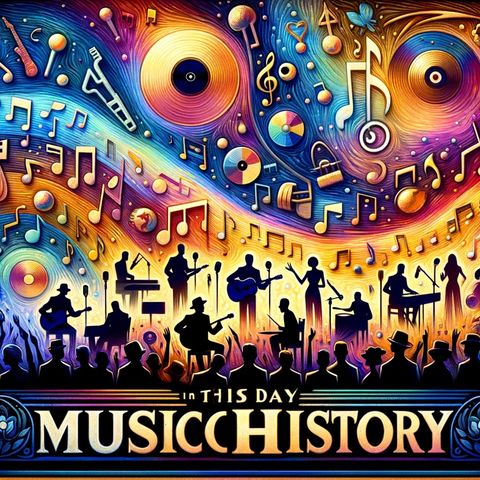
Contactos
Información
Step into a time machine of music with "Music History, Daily" your podcast for music lovers and history buffs alike! Each day, we'll turn back the pages of music history...
mostra másWhether you crave a blast of music nostalgia, enjoy a good music trivia challenge, or want to expand your music discovery horizons, "Music History Daily" has something for you. Uncover the stories that bring the music alive, from chart-toppers to hidden gems. Get ready to rediscover the power of music and why it holds a special place in our hearts.
For more info check out https://www.quietperiodplease.com/

Step into a time machine of music with "Music History, Daily" your podcast for music lovers and history buffs alike! Each day, we'll turn back the pages of music history...
mostra másWhether you crave a blast of music nostalgia, enjoy a good music trivia challenge, or want to expand your music discovery horizons, "Music History Daily" has something for you. Uncover the stories that bring the music alive, from chart-toppers to hidden gems. Get ready to rediscover the power of music and why it holds a special place in our hearts.
For more info check out https://www.quietperiodplease.com/
Información
| Autor | QP-3 |
| Organización | William Corbin |
| Categorías | Historia de la música , Historia |
| Página web | - |
| corboo@mac.com |
Copyright 2024 - Spreaker Inc. an iHeartMedia Company
